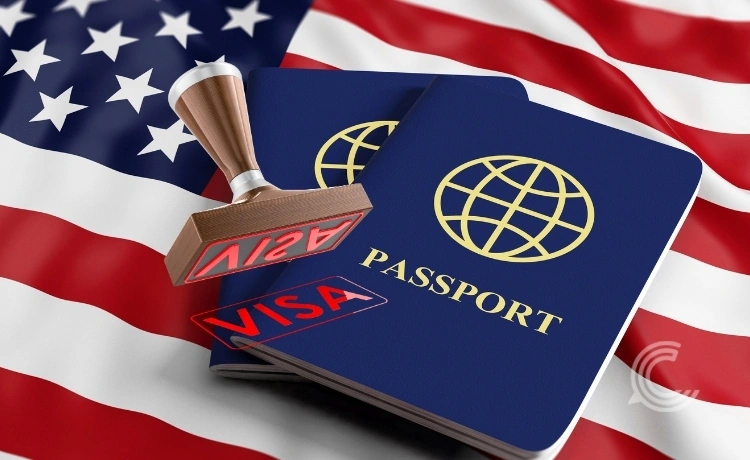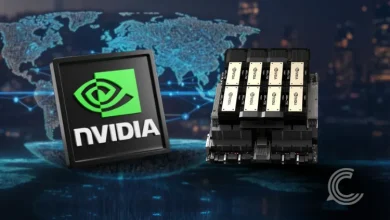$100,000 H-1B Fee Shows Why Trump’s Policy Missed the Point

The H-1B visa has long been America’s fast lane for global talent; engineers, researchers, and tech innovators who keep startups humming and hospitals staffed. Now, the Trump administration wants to slap a $100,000 fee on it. That’s not just a fee; it’s a barrier.
A Visa, Not a Lottery Ticket
To put it in perspective, the current H-1B application costs around $3,600. With this new fee, the cost of hiring a single foreign worker will skyrocket beyond what most small and mid-sized companies can afford. For startups, it could mean canceled projects, delayed product launches, or shelving ambitious ideas before they even take flight.
Critics across the country and around the world have called the move a heavy-handed disruption of the “American Dream.” The U.S. Chamber of Commerce has joined the chorus of dissent, filing a lawsuit against the administration and labeling the fee “unlawful and punitive,” warning that it could severely damage an economy that once seemed unstoppable.
The Talent Drain Express
Let’s do some basic math: if America slams the door on the “American Dream,” global talent will simply walk out, or rather, fly north or east. Canada, which has long struggled to attract high-skilled workers, suddenly becomes a more appealing option. Europe and parts of Asia aren’t far behind, offering faster processes and far more reasonable costs.
Trump may have just written the first chapter of a mass brain drain. The best and brightest bunch, many of whom arrived on H-1B visas, could take their skills elsewhere. Meanwhile, the US places a huge risk on the economy, pretending that a $100,000 fee is a clever “protector of American jobs.”
Politics Over Paychecks
The administration frames the fee as a way to prevent H-1B abuse and protect domestic wages. Understandable in theory. But in practice? Many companies rely heavily on skilled immigrants to grow revenue and sustain innovation. Billionaire executives, from Elon Musk to Microsoft’s Satya Nadella and Google’s Sundar Pichai, are all former H-1B visa holders.
Yes, the fee might play well to nationalist voters or serve as a political statement, but it risks undermining the very economic engine it claims to protect. Protection of American workers is important, but turning the H-1B into a $100,000 ‘talent toll’ is less about safeguarding wages and more about political theater.
A Business Rebellion Brewing
The US Chamber of Commerce lawsuit underscores the magnitude of discontent. Its complaint argues that the fee would force companies to either dramatically increase labor costs or hire fewer highly skilled employees.
The Real Cost
Ultimately, the $100,000 fee isn’t just a number; it is a litmus test for America’s stance on global talent. Is the US a nation that attracts the best and brightest anymore? Every day this policy looms, companies hesitate, researchers stall, and careers are deferred.
The Chamber’s lawsuit is more than a legal challenge; it’s a warning that policy should empower talent, not extort it. Because if America prices ambition out of its borders, the real cost won’t be measured in court fees. Instead, it will be paid in lost innovation, shuttered startups, and a generation of brilliant minds taking their ideas elsewhere. And that’s a bill no one, not even the White House, can afford.



